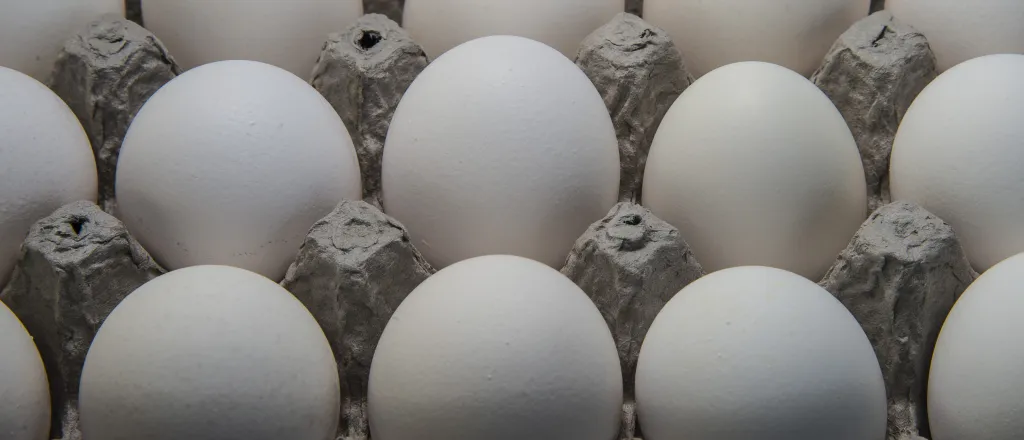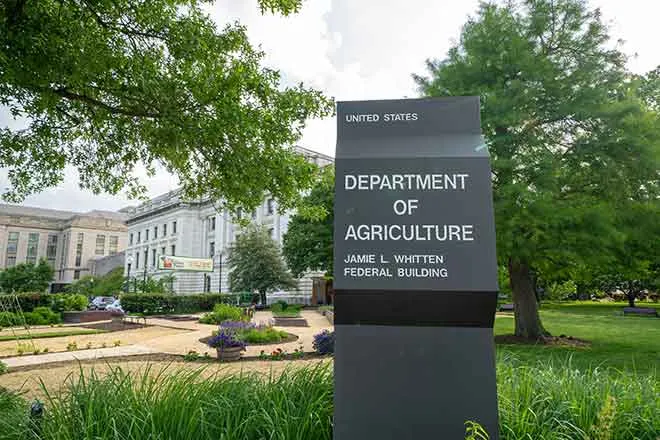
Colorado's egg producers, consumers likely to see prices continue to climb
Wikimedia
(The Center Square) – Egg producers and consumers in Colorado will likely see egg prices continue to increase in 2023 due to a new law that will soon go into effect, economists say.
Colorado regulations are going to force egg producers to become fully cage-free by 2025. The first phase began January 1, 2023, as the new state law will require egg farmers to provide a ratio of one square foot per hen for certification to produce and sell eggs.
Steven Byers, an economist with the Common Sense Institute, a free-enterprise think tank in the state, said new laws often mean higher prices for consumers. For egg farmers seeking to maintaining production levels, capital costs will probably increase to provide more space for hens.
"The impact of any kind of new regulations often means more costs to producers," Byers said. "Those producers pass those on. It's not surprising. You'll see a price hike and it will be permanent."
Egg producers are also battling with the avian flu this season. More than 1.5 million egg-laying hens in Colorado were depopulated this month due to the highly pathogenic avian influenza, according to the U.S. Department of Agriculture. Nationally, the flu led to the depopulation of 57.8 million birds in 2022, with 6.3 million removed in November and December. The flock of egg-laying hens was reduced approximately 5 percent in 2022, according to the USDA.
The USDA reported lower egg inventories and high demand – influenced by the holiday baking season – caused all-time high prices this month. The average price for a dozen eggs was $5.34, according to the USDA.
The U.S. Bureau of Labor Statistics reported November's consumer price index for meats, poultry, fish and eggs was down 5.1 percent in Colorado compared to September, but up 5.8 percent compared to November 2021.
The new law will require farms to hire a private inspector to confirm compliance with the new regulation and then apply for a free certificate of compliance from the Colorado Department of Agriculture.
“The Colorado Department of Agriculture is committed not only to the welfare of egg-laying hens, but also to fair and equitable trade of eggs and egg products as we implement this new regulatory program established through legislation,” Mark Gallegos, director of the Colorado Department of Agriculture’s Inspection and Consumer Services Division, said in a statement last month.
Businesses cannot knowingly sell or transport eggs and egg products from a non-compliant farm. The commissioner of agriculture will be able to impose civil penalties on farm owners and operators and business owners of up to $1,000 for each violation of the new law.
"Sometimes when prices have gone up because of new regulations, production goes elsewhere," Byers said. "Production reacts and often it moves, but it's not going offshore because it's not feasible to get eggs here fresh. But if the laws of economics hold, this will happen."
Colorado legislators exempted from the law egg producers with 3,000 or fewer egg-laying hens and business owners who sell fewer than 25 cases of 30-dozen cases per week are exempted.















